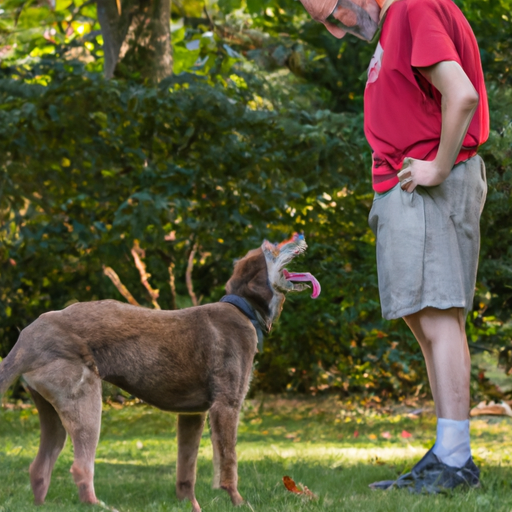Understanding Your Dog’s Weak Back Legs
As a caregiver, you’ve probably noticed that your dog isn’t as spry as they used to be. Their back legs seem to be weak, and it’s affecting their mobility. While this can be a normal part of aging for some dogs, it’s also possible that there’s an underlying medical issue that needs to be addressed.
Common Causes of Weak Back Legs in Dogs
There are several reasons why your dog might be experiencing weakness in their back legs. Here are a few possibilities:
- Arthritis: This is a common ailment in older dogs. Arthritis can cause pain and stiffness, leading to a decrease in muscle use and subsequent weakness.
- Hip Dysplasia: This is a genetic condition that causes the hip joints to develop incorrectly, resulting in discomfort and weakness.
- Degenerative Myelopathy: This is a progressive disease of the spinal cord that can result in partial or complete paralysis of the back legs.
| Condition | Main Symptoms | Treatment |
|---|---|---|
| Arthritis | Pain, stiffness, and swelling in joints | Medication, physical therapy |
| Hip Dysplasia | Difficulty standing up, limping, decreased activity | Surgery, physical therapy, medication |
| Degenerative Myelopathy | Weakness in back legs, loss of coordination, paralysis | No cure, but physical therapy can manage symptoms |
What You Can Do to Help Your Dog
As a caregiver, you are in a unique position to make a positive impact on your dog’s quality of life. Here’s what you can do:
- Visit the Vet: If you notice that your dog’s back legs are weak, the first step is to consult with your veterinarian. They can perform tests to determine the cause of the weakness, and recommend a course of treatment.
- Adjust Their Environment: Make your home more accessible for your dog. This might mean adding ramps or stairlifts, or simply rearranging furniture.
- Physical Therapy: Depending on the cause of the weakness, physical therapy might be beneficial. Ask your vet for recommendations.
Prevention Tips
While you can’t prevent all causes of weak back legs in dogs, there are steps you can take to minimize the risk:
- Regular Exercise: Regular, gentle exercise can help to keep your dog’s muscles strong and flexible.
- Healthy Diet: A balanced diet can help to maintain your dog’s overall health, including the health of their joints and muscles.
- Regular Vet Check-ups: Regular check-ups can help to catch potential issues early, before they become serious problems.
Frequently Asked Questions
Q: Can weak back legs in dogs be cured?
A: It depends on the cause. Some conditions can be treated and even cured, while others can only be managed.
Q: Is my dog in pain?
A: If your dog’s back legs are weak due to an issue like arthritis or hip dysplasia, they may be in pain. Consult your vet if you’re unsure.
Q: Do I need to change my dog’s diet?
A: A healthy diet can help to support your dog’s overall health, but always check with your vet before making any major changes to your dog’s diet.
Remember, as the caregiver, you are your dog’s best advocate. If you notice a change in their mobility or behavior, don’t hesitate to seek professional advice.



